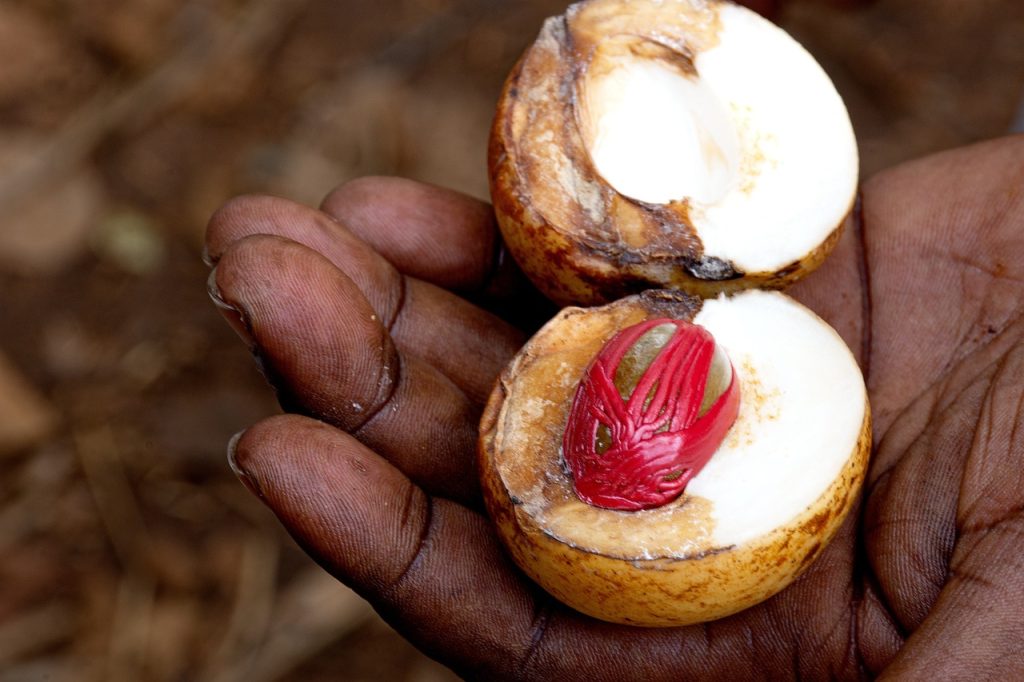Zanzibar, an archipelago off the coast of Tanzania, is renowned for its pristine beaches, rich history, and vibrant culture. Among its many attractions, the spice farm tours stand out as a unique and aromatic experience that offers visitors a deep dive into the island’s agricultural heritage. This article provides a detailed account of what to expect during a spice farm tour in Zanzibar, highlighting the history, the tour experience, and its significance to the island’s economy and culture.
The Historical Context of Zanzibar’s Spice Trade
Zanzibar, often referred to as the “Spice Island,” has a history steeped in the cultivation and trade of spices. The island’s fertile soil and tropical climate make it an ideal location for growing a variety of spices. The spice trade in Zanzibar dates back to the early 19th century when Omani Arabs established large plantations and began exporting spices like cloves, nutmeg, cinnamon, and black pepper to markets worldwide. This trade played a crucial role in Zanzibar’s economy and helped shape its cultural and social landscape.
The Spice Farm Tour Experience
A spice farm tour in Zanzibar is more than just a visit to a plantation; it is an immersive experience that engages all the senses. Tours typically start with a warm welcome from local guides who are often dressed in traditional attire. These guides are not only knowledgeable about the spices but also enthusiastic storytellers who bring the history and significance of each spice to life.
Exploring the Spice Plantation
Visitors are led through lush plantations where a variety of spices are grown. The tour is highly interactive, allowing visitors to see, touch, smell, and even taste fresh spices directly from the plants. Common spices encountered during the tour include:
Cloves: Known as the “gold of Zanzibar,” cloves are one of the island’s most important crops. Visitors can see clove trees and learn about the harvesting and drying processes.
Cinnamon: Guides demonstrate how cinnamon is harvested from the bark of the tree and allow visitors to smell and taste its fresh, sweet aroma.
Nutmeg: The tour includes a look at the nutmeg tree and its fruit, with explanations about how the nutmeg seed and mace are extracted and processed.
Vanilla: Visitors can observe the delicate vanilla orchid and understand the labor-intensive process required to produce vanilla pods.
Black Pepper: The pepper vines are another highlight, with guides showing how the green peppercorns are harvested and dried to produce black pepper.
Educational and Engaging Activities
Throughout the tour, guides provide fascinating insights into the cultivation, historical significance, and culinary uses of each spice. They often share anecdotes and local legends associated with the spices, making the experience both educational and entertaining. For example, a guide might explain how cloves were historically used as a form of currency or how cinnamon was once more valuable than gold.
Hands-On Experiences
To make the tour even more engaging, visitors are often invited to participate in activities such as:
Spice Tasting: Sampling fresh spices and fruits directly from the trees and plants.
Cooking Demonstrations: Some tours include cooking demonstrations where guides prepare traditional dishes using the spices grown on the farm, allowing visitors to savor the flavors of Zanzibar.
Crafting with Spices: Visitors might also get the chance to create spice-infused products such as essential oils, perfumes, or spice blends to take home as souvenirs.
A Feast for the Senses
One of the highlights of the spice farm tour is the aromatic experience. Walking through the plantation, visitors are enveloped by the rich scents of spices, flowers, and herbs. The vibrant colors of the spices and tropical fruits create a visually stunning landscape, while the sounds of birds and rustling leaves add to the sensory immersion.
The Cultural and Economic Significance
Spice farming is not only a tourist attraction but also a vital part of Zanzibar’s economy and cultural identity. The spice trade supports many local farmers and their families, providing employment and sustaining communities. By participating in a spice farm tour, visitors contribute to the local economy and support sustainable agricultural practices.
Promoting Sustainable Tourism
Many spice farms in Zanzibar are committed to sustainable and organic farming practices. Tours often highlight these efforts, educating visitors about the importance of preserving the environment and promoting biodiversity. This focus on sustainability ensures that the spice industry can continue to thrive for future generations.
Connecting with Local Culture
The spice farm tour also offers a unique opportunity to connect with local culture. Guides often share traditional songs, dances, and stories, providing a deeper understanding of the island’s heritage. This cultural exchange fosters a greater appreciation for the people and traditions of Zanzibar.
Conclusion
A spice farm tour in Zanzibar is a captivating journey that offers a rich blend of history, culture, and sensory delight. From exploring lush plantations and learning about the cultivation of exotic spices to tasting fresh produce and engaging in hands-on activities, visitors are treated to an unforgettable experience. Beyond its tourist appeal, the spice trade remains a cornerstone of Zanzibar’s economy and cultural identity, making these tours a meaningful and enriching adventure. Whether you are a culinary enthusiast, a history buff, or simply a curious traveler, a spice farm tour in Zanzibar is an essential addition to your itinerary.







